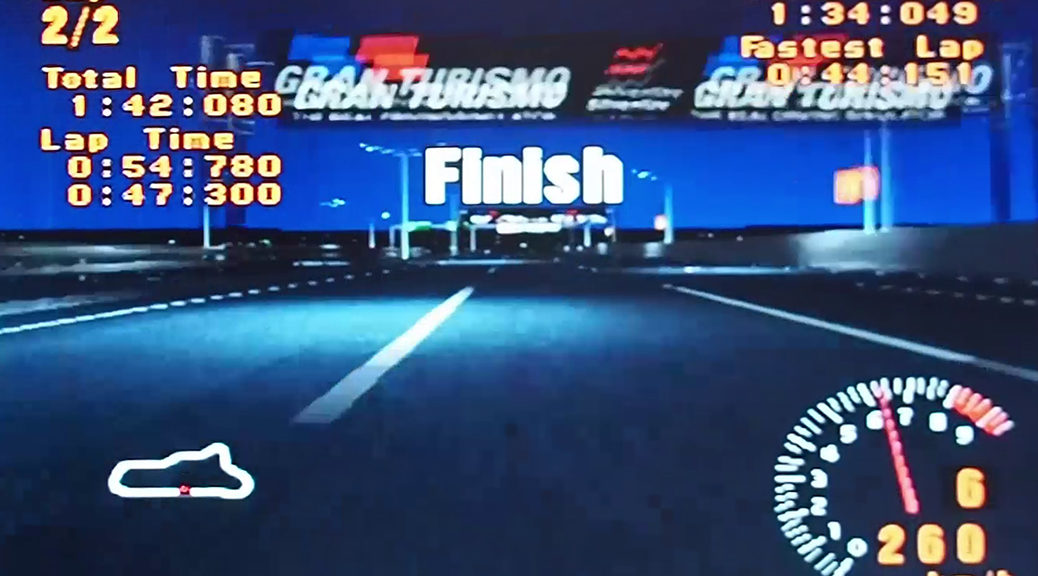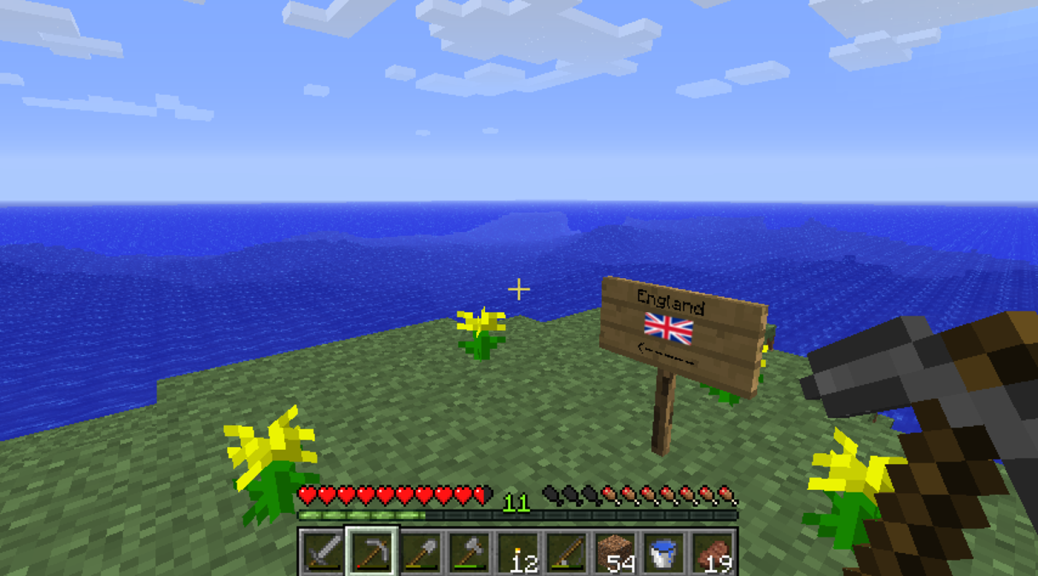I submitted my PhD thesis the other day.
This is a rather excellent development.
I think I’m happy with how it turned out. Though, of course, I’m not really willing to re-open it and check just yet. I’ll wait and see what the examiners say, and in the meantime, I will try to recover from the final stretch. I took six weeks off work to finish the thesis—a time period in which I took about three days off thesis work, not including the time I spent preparing and presenting a paper at the Games Research Methods Symposium at Sydney Uni (a really interesting conference, but from a timing perspective it wasn’t my greatest decision). I worked myself beyond exhaustion, lost track of the day several times, and still had to make compromises on several aspects and processes. I had to avoid Twitter to keep my mental health above water. I had to employ several fine-toothed combs, including one to remove spaces around em-dashes (a bad habit), one to ensure the use of Oxford commas (easy things to miss, it turns out), and one to switch out the singular ‘they’ (a good habit, but a PhD thesis isn’t the time to fight that battle). EndNote caused a day of intense frustration when it started changing citations of its own volition. And while most aspects of the formatting style I’d previously used for my honours thesis could be re-used to save trouble, I did have to switch the font in the end. But all told, I think it turned out well.
My initial plan, going into this PhD, was to study the intersection of thematic and gameplay genres. However, I soon found semiotics to be a more interesting and less well-trod path. My thesis ended up being a very substantial development of the work I started in my “Meaningful Play” article: a semiotic framework capable of analysing the initial composition and interactive configuration of game music separately (because there are some quite different processes going on in each). I was quite impressed by the idea of the player’s authorship of their experience—a concept which is not new in studies of games, but which had yet to be fully applied to game music, and which gets really interesting when comparing gameplay to other forms of play. With the exception of some work on Microsoft Flight, all of the analysis and writing I’ve done over the last five and a half years has made it into the thesis in some way. However, there are several avenues of investigation that came up during my study that I didn’t have time or space to pursue. I dropped four potential chapters, and still nearly hit my word limit.
In between afternoon naps, I’ve been trying to think of things to do with my reacquired freedom. I’m presenting a conference paper in December, but I’ve decided not to do any academic work until September to give myself a break. I’ve been reading for leisure again, which is nice. I’ve got time for photography, including astro and analogue. And there’s a mountain of unplayed games in my Steam library to play through. But I’ve also completed my strategy of encouraging thesis progress through self-bribery. I found that I was much more likely to write when I set myself goals with tangible rewards, and for the ultimate reward I decided to aim for a MIDI controller. I’ve been itching to make music, to play some piano, and even to compose. So I’ve bought a device with plenty of scope for productivity and experimentation, and am having quite a lot of fun playing around with music again. I might even try my hand at making some game music—coming at my object of study from the other direction, as it were.
Anyway, thanks for reading up to this point. I plan to keep writing (who knows? I might even do so more frequently), because games and music are excellent things. Somehow, writing my thesis hasn’t crippled my ability to enjoy either. I think that must be some kind of miracle.


